7 tips against misted-up glasses despite face mask
We’ll give you some helpful tips that will help against fogged up glasses despite wearing a face mask.
Wearers of glasses suffer from mouth and nose protection, especially on cold days, as the glasses fog up within seconds. In the past, mouthguards were already part of everyday life for many people in medicine, at the trade or at the laboratory – it has now become a companion for all of us. We are obliged to wear mouth and nose protection in the train, in shops and other closed facilities. To keep your eyes clear, here are 7 tips to stop your glasses from fogging up.

Mouth and nose protection: Yes, but without fogged glasses!
1. Face mask in the correct position:
To prevent the glasses from fogging up, the mouthguard should be held close to the face. A metal strip on the upper edge of the mask ensures that the face mask adapts to the nose and the airflow is reduced when exhaling. Using a folded napkin that is placed under the mouthguard or metal strip and comes into contact with the skin can further reduce the gap.
2. Fold over:
You can simply fold the upper part of the mouthguard over a bit – however, make sure that you do not lose too much of the mask and thus lose the protection. The nose must remain covered. In addition, not all masks can be folded down.

3. Distance between glasses and face:
Anyone who wears glasses with nostrils can adjust them or have them adjusted by the optician so that the glasses protrude a little further from the nose and face. This means that more air can circulate under the glasses and the glasses are less likely to fog up, provided the face mask is put on correctly. For glasses without a nostril, you can alternatively buy nose pads and glue them into the plastic glasses – this also creates more space and allows more air to circulate.
4. Hand soap as a protective layer:
Apply a thin layer of liquid hand soap to the inside of the glasses. Wait for the layer to dry completely. You can speed up this process by using a hair dryer.
5. The alternative dishwashing detergent:
If you don’t have liquid hand soap, you can use dish soap. To do this, put a little washing-up liquid on the inside of the glasses, rinse it off with water and wait until the glasses are dry. Your glasses have an anti-fog function. This protection usually lasts between 3-5 hours.
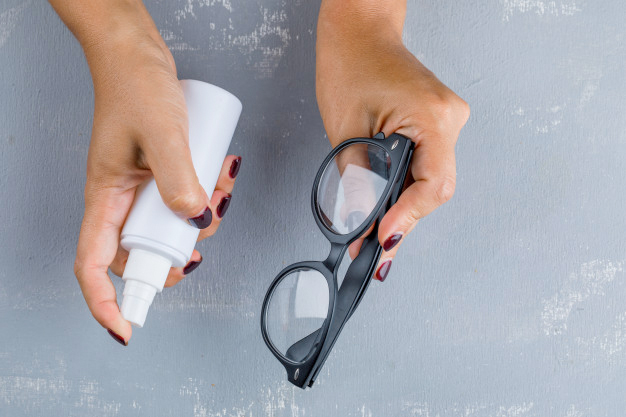
6. Anti-fog spray:
As an alternative to the home remedies mentioned, you can also get an anti-fog spray for glasses or clean the glasses with anti-fog wipes.
7. The permanent solution: simply WITHOUT glasses through laser eye surgery
If you don’t need glasses or other visual aids, of course nothing can fog up. A clear advantage of the laser eye method: you will not only get rid of your fogged glasses, but you will also say goodbye to your ametropia and look into a life without glasses. With refractive surgery, either laser eye surgery or lens treatment, your life becomes much more comfortable and pleasant. At EuroEyes you can live a life without glasses. With the correction of nearsightedness , farsightedness , astigmatism , presbyopia , cataract and keratoconus, EuroEyes offers the entire spectrum of refractive surgery.

Eyes lasered at EuroEyes: see clearly without glasses
With the help of laser eye surgery at EuroEyes, ametropia can be quickly remedied so that clear vision is possible again without glasses or contact lenses and there is no conflict with a face mask. Strong ametropia can be corrected thanks to modern laser technology. At EuroEyes, a pioneer in the field of laser eye treatment, you benefit from many years of experience and the comprehensive expertise of highly specialized laser eye experts who use the most modern diagnostic and treatment methods. EuroEyes only employs so-called “high-volume surgeons” who are characterized by a high degree of specialization and who independently carry out more than 1,000 operations per year.
Lens surgery – no more glasses. No more reading glasses.
When it comes to lens operations , we differentiate between two methods: either the body’s own natural lens is replaced by an artificial lens (multifocal lens) or an artificial lens is inserted into the eye in addition to the natural lens (ICL contact lens). The trifocal / multifocal lens is an artificial lens that has several focal points and thus enables viewing at different distances. The artificial lenses can stay in the eye for life and are not visible.
ICL contact lenses are implantable contact lenses that are often the solution for patients with very high nearsightedness, farsightedness or with a cornea that is too thin. With the ICL, the eye can continue to accommodate between near and far vision and focus for near and far vision – all without fogging up glasses.






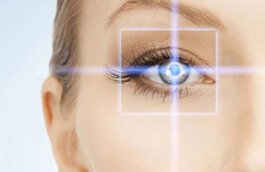





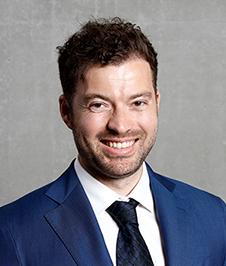
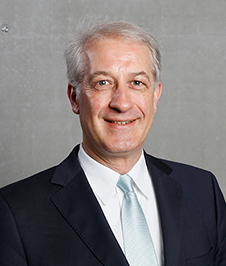

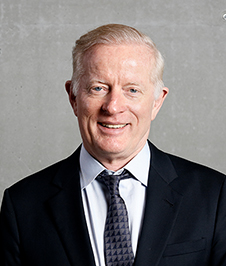


Join our Newsletter